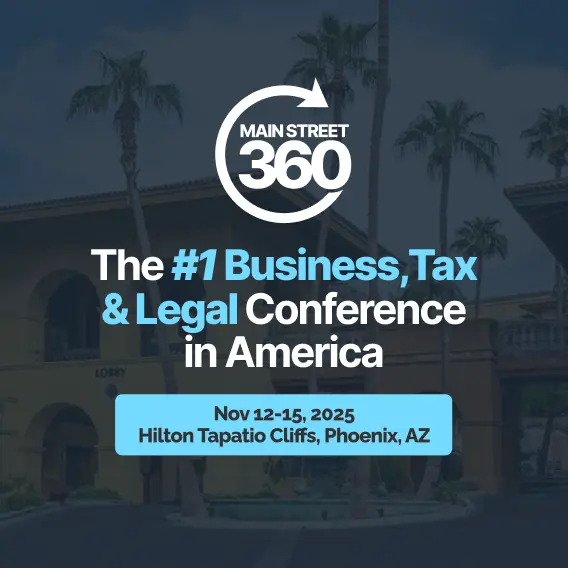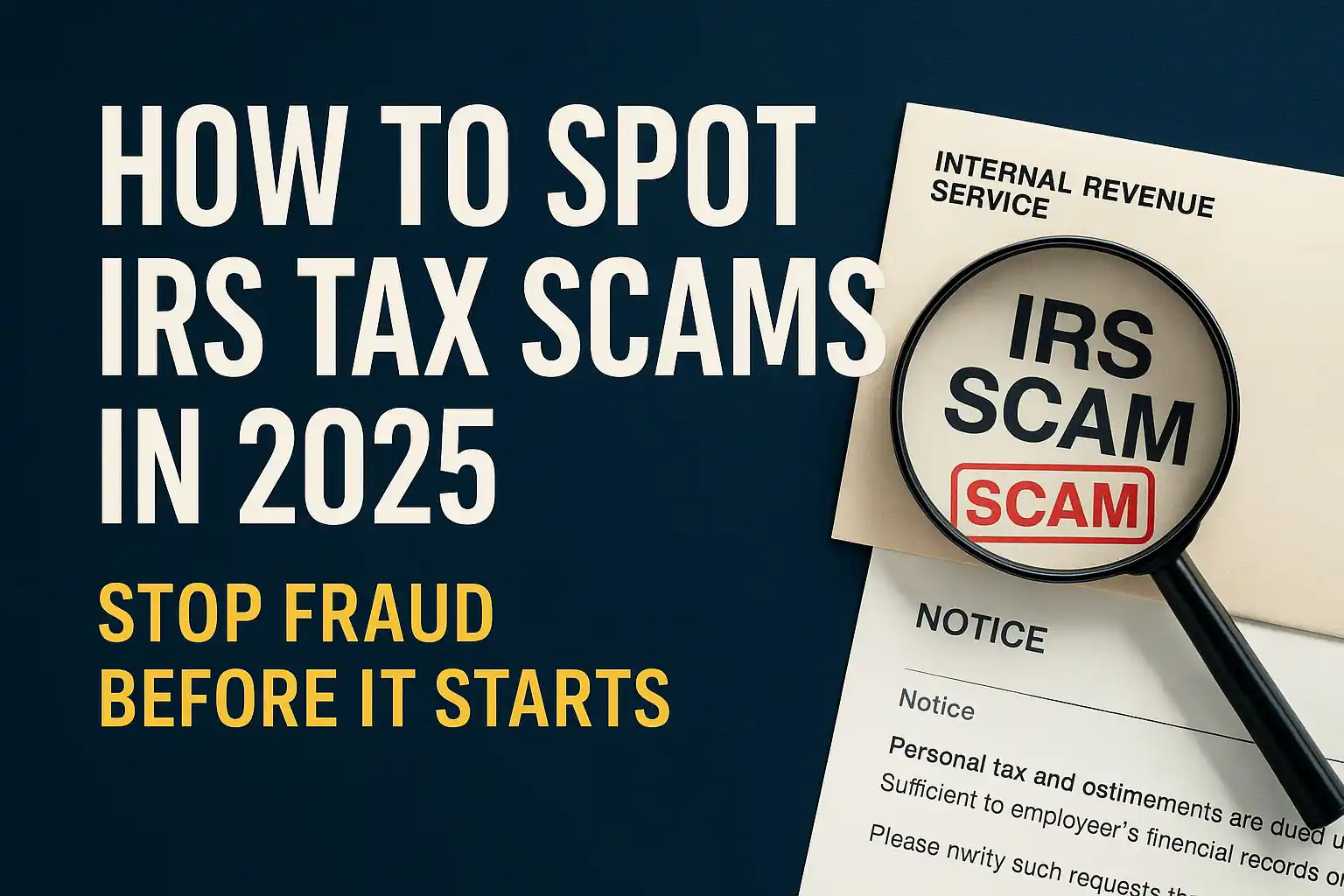In Part I of this series I discussed the liability created by our business operations. I also discussed our effort to protect our personal assets. This is Inside Liability: the exposure created inside our business. I will talk about asset protection strategies that you can implement in your business.
Now I want to discuss the liability created by our personal actions that could threaten our business or assets. I call this “Outside Liability”– Exposure created outside our business that could allow a creditor to take our business from us.
Many consider this a unique approach to asset protection because they have never heard it explained in this manner. However, this is how courts and judges view asset protection. Many misunderstand the true methods to protect their assets.
Let me share an example that may bring this home. Recently, I had a client get in a car accident that was clearly his fault. Another driver and passengers were seriously injured. The claims are going to be in the hundreds of thousands, if not millions.
My client owns a successful business, a few rental properties and a personal home (with equity in it).
To be honest, the case is far from settled, but we are carefully re-assessing his asset protection plan. Regrettably, he and his wife had not taken asset protection that seriously in the past. They said, “they didn’t think it would happen to them”.
Here are some asset protection strategies you may want to consider that could help you in your efforts to protect your hard earned business and assets.
4 Asset Protection Strategies for your Business:
Umbrella insurance –
I’m going to bring this up first because it is the most affordable and the simplest to implement. This is a type of insurance that is personal in nature and is an ‘umbrella’ over any other type of insurance you may carry. It will cost an average of $300-$500 a year for $1M to $2M of coverage. The problem is that in my client’s situation, if he is found to be negligent in the accident, the insurance policy may not cover him. Typically umbrella insurance isn’t going to cover fraudulent, criminal, reckless or even negligent action. Think again that you can ‘text and drive’ and your insurance will protect you in an accident.
Charging order protection entities –
This is a complex principle that allows you to protect an asset’s equity inside an entity such as an LLC. Essentially, a judge will only give an ‘order’ charging a debtor to pay creditors from the revenue of an entity, but not allow the creditor to ‘foreclose on’ or ‘dissolve’ the entity to get at the asset. However, this protection isn’t provided in every state, although many think they protect their rental property when they put it in an LLC or LP.
Approximately 18 states have LLC Charging Order Protection, while 40 or more have LP provide such protection. (see the chapter and table of states in this category in my new book “The Tax and Legal Playbook”). Because of this limited availability, some people can be temped to set up entities in other states such as Nevada, Wyoming or Delaware. (However, please look forward to Part III in this series when I discuss scams that also relate to setting up entities in these states).
Domestic asset protection trusts –
These are one of the hottest items in asset protection today. Currently 12 states provide for this type of irrevocable trust that gives long-term asset protection for all sorts of assets and create a significant barrier from potential creditors. What makes them so popular is that you don’t need to file a separate tax return, nor do they have gift tax consequences and they are relatively affordable and east to set-up and maintain. This trust can hold your personal residence, stock brokerage accounts, or LLCs that own your rentals. Ultimately it is coordinated with your Revocable Living Trust and enhances your estate plan, but doesn’t replace it. Check out this video on the topic:
Protecting your personal residence –
I would be remiss if I didn’t discuss some important asset protection strategies for your home. This is arguably the most valuable asset of most Americans. It is also one of the key assets creditors will go after to try and obtain satisfaction for a judgment. Regrettably, options for protecting your home are going to vary widely from state to state. Strategies you will want to consider and review are the homestead exemption in your state, whether tenancy by the entirety applies, equity stripping strategies and potentially a domestic asset protection trust (referenced above).
Word of Caution –
My greatest caution to clients is to not worry about this asset protection issue and spend money on planning until they start to build assets. Many Americans get oversold and scared into implementing unnecessary plans. Make sure you utilized a licensed attorney for your planning and stay away from the scams in this area of the law (see Part III in this series).
Time will only tell what the end result will be for my client. They can avail themselves of some of the strategies above that are ‘automatic’ in their state, and luckily they have implemented some of the items above. However, in retrospect they wish they would have done more in the months and years past.










